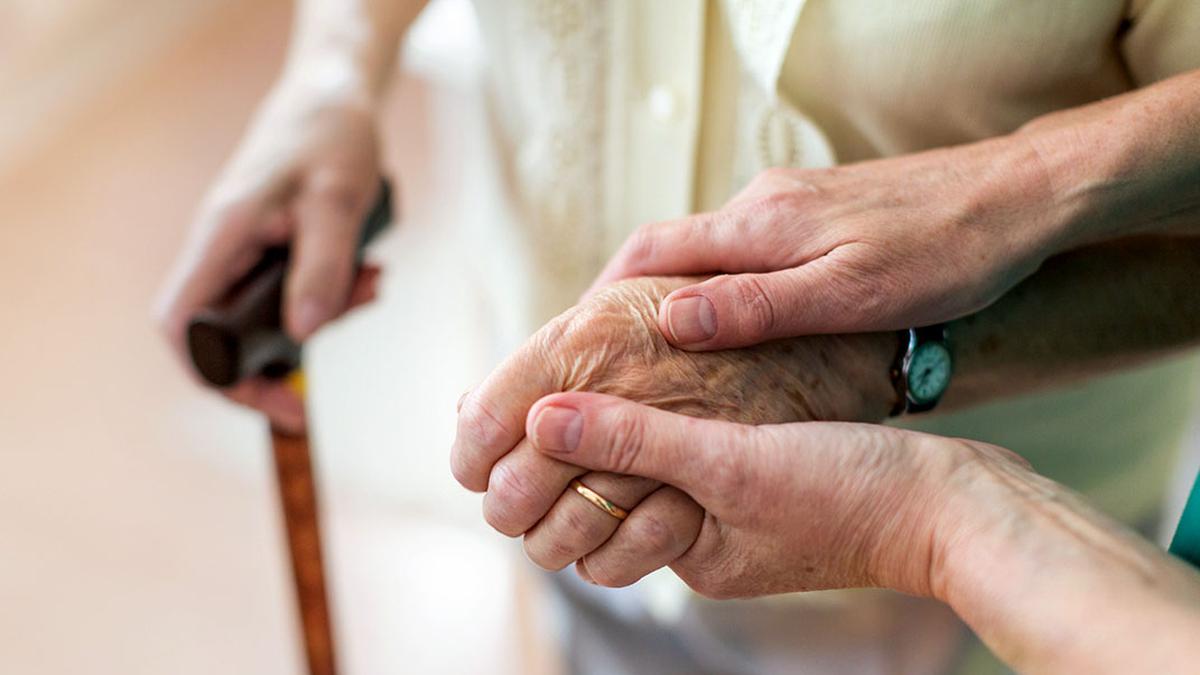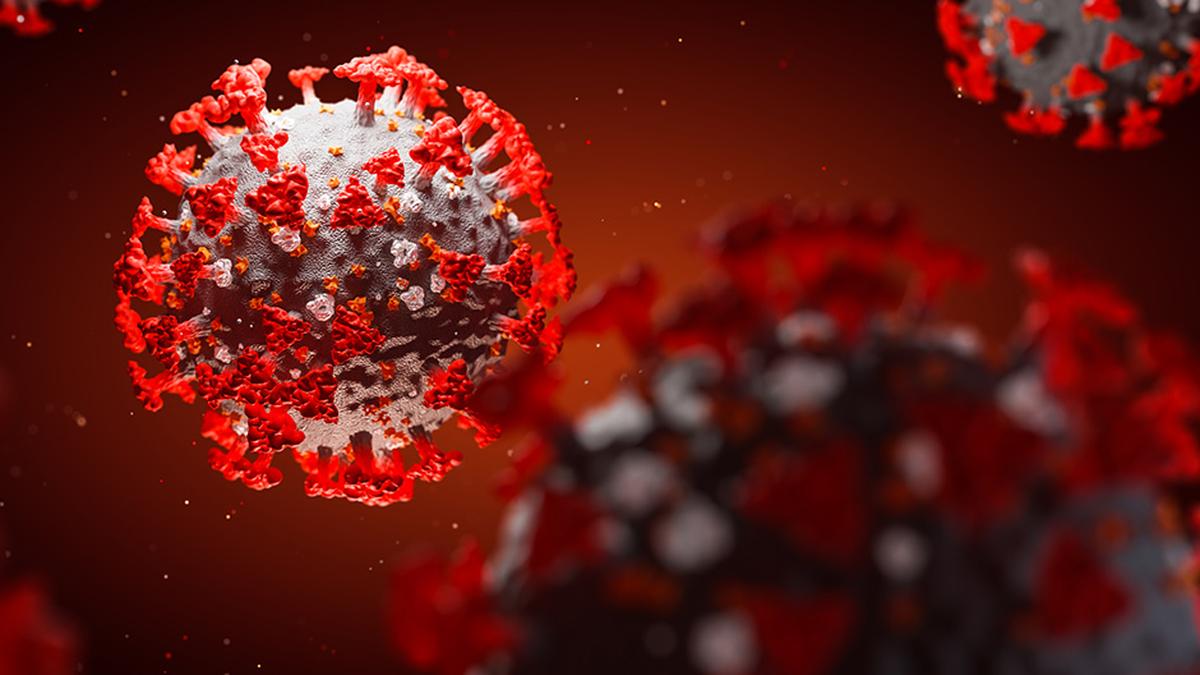Parkinsonism and prostate enlargement: sometimes the twain shall meet Premium

Parkinsonism and prostate enlargement: sometimes the twain shall meet Premium
As men grow older, they may experience prostate issues, and some of them may also develop Parkinsonism. While these conditions may seem unrelated, they can sometimes overlap and make life more challenging. Understanding how they’re connected and how to manage them can help improve quality of life.
An enlarged prostate due to age is a common problem among elderly men. The prostate is a secondary sexual organ that sits at the base of the bladder in the urinary passage. As the prostate increases in size, it causes luminal narrowing, leading to urinary symptoms. This effectively means the space inside the bladder reduces in size due to the growing prostate. These symptoms vary from patient to patient. Obstruction-related symptoms are straining to pass urine, slow flow, hesitancy and incomplete emptying of the bladder. Bladder-related symptoms are urgency, incontinence and night-time frequency. It is advised to rule out other causes of an enlarged prostate by a healthcare provider.
Parkinson’s disease refers to a movement disorder that cause symptoms such as shaking or tremors in the hands and other parts of the body, muscle stiffness, slow movements, and difficulties with balance and walking.
Parkinsonism can result from various causes, including certain medications, brain injuries, or other neurological conditions. It can also lead to additional issues like mood changes, sleep problems, and bladder difficulties.
Parkinsonism can sometimes make symptoms appear similar to those of prostate enlargement.
This happens because Parkinsonism affects how the brain controls muscles, including the ones involved in bladder function. This can lead to a sudden and strong urge to urinate, a need to go to the bathroom frequently, and trouble holding urine.
For men with an enlarged prostate, these bladder problems can add to the challenges they already face.
Together, Parkinsonism and an enlarged prostate can make daily activities more stressful and uncomfortable.
The good news is that both conditions can be managed with the right care and support.
For an enlarged prostate, medication along with adopting healthy habits like avoiding excessive water intake in the evening and limiting bladder irritants such as caffeine and alcohol can help reduce symptoms, and in cases where medications aren’t sufficient, minimally invasive procedures can provide relief by alleviating pressure on the bladder.
For Parkinsonism, medications designed to address movement difficulties may also improve bladder control. Gentle exercises such as walking or yoga can enhance balance, strength, and overall well-being, while bladder training can help manage sudden urges and prevent accidents. Together, these strategies can significantly improve quality of life for individuals dealing with both conditions.
If you or a loved one notices urinary issues, shaking hands, or difficulty moving, it’s important to see a doctor. Early treatment can make a big difference in managing both Parkinsonism and an enlarged prostate. A healthcare provider can create a plan to address both conditions and help improve your quality of life.
While managing these conditions may seem overwhelming, many men live active and fulfilling lives with the right care. Regular check-ups, open communication with doctors, and support from family can make the journey easier. With the right approach, including medications, lifestyle adjustments, and a focus on well-being, it’s possible to overcome these hurdles and enjoy a healthy, positive life.
Taking small steps every day toward better health can lead to lasting improvements and a brighter future.
(Dr. Jeevagan M. is senior consultant urologist at Kauvery Hospital Alwarpet, Chennai. drjeevagan@gmail.com)










